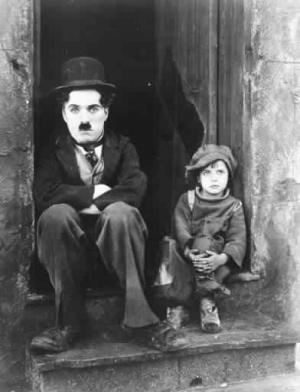This July saw the Ninth Annual Wife-Carrying World Championship in Sonkajärvi, Finland.
The event, inspired by a proud Finnish history of wife-stealing, involves flinging a woman over your back and sprinting past obstacles to a finish line 253 meters away. Rules:
- “The wife to be carried may be your own, the neighbour’s or you may have found her farther afield,” but she has to be at least 108 pounds and 17 years old.
- If you drop your wife you’re fined 15 seconds.
- The only equipment allowed is a belt worn by the carrier.
The world record is 55.5 seconds, and the winner (Estonia) gets his wife’s weight in beer.


